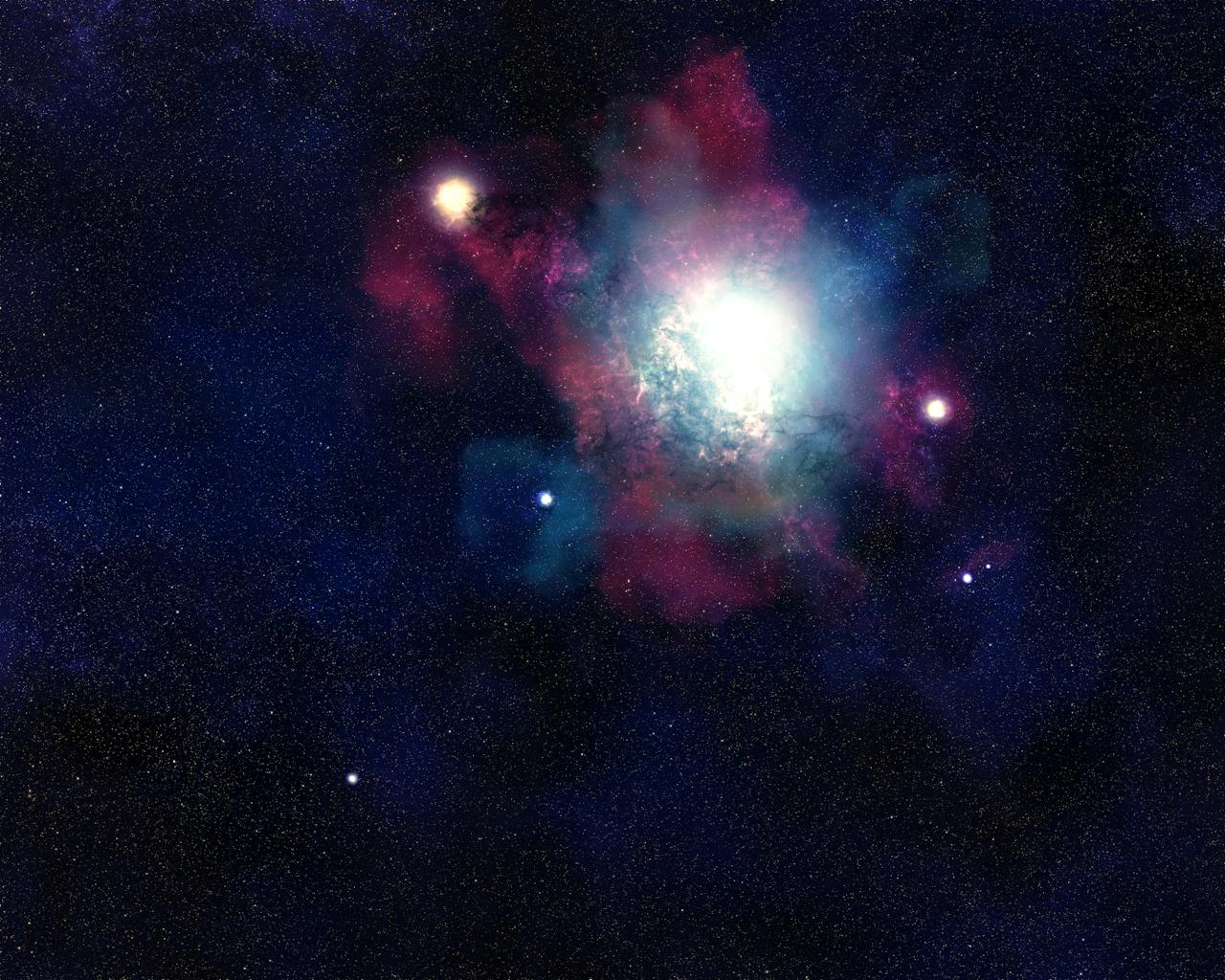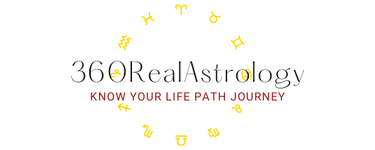The Science and Skepticism Behind Astrology: What Do Experts Say?

Astrology is one of those topics you hear about in every context, from magazine columns to dinner table conversations to social media memes. Some read their horoscopes daily for guidance, while others view it as harmless fun or outright pseudoscience. Despite centuries-old roots and persistent critiques, astrology continues to thrive. Why does this ancient system of celestial symbols still capture so much fascination, and what does research really say about its claims?
A Brief Overview of Astrology’s Foundations
At its core, astrology is the study of how positions and movements of celestial bodies could influence human lives and events on Earth. There are many branches, with Western astrology often focusing on the tropical zodiac’s familiar sun signs — Aries through Pisces — while Vedic (Jyotish) astrology and Chinese astrology take different approaches, grounded in their own philosophies and systems.
Astrology as practiced today has roots stretching back thousands of years, woven through the history of Babylon, Greece, India, and other ancient cultures. It was once considered a scholarly discipline, connected to astronomy, medicine, and philosophy. Over time, as scientific methods developed, the fields separated and astrology became more associated with personal insight and spiritual guidance than empirical science.
How Astrology Intersects with Science
Ask a scientist to define astrology and you’ll probably hear it described as a belief system rather than a science. The key difference comes down to testability and evidence. Science relies on hypothesis-driven experiments, repeatability, and peer review. Astrology relies on symbolism, interpretation, and archetypes, often blending psychology and culture.
When it comes to testing astrology’s claims — whether an individual’s personality or future events can be predicted by their birth chart — results have been mixed. Research attempting to show statistically significant links between zodiac signs and personal traits, for example, generally find no strong support. Double-blind studies (where neither the subject nor the astrologer knows the chart in advance) often perform no better than chance.
Notable Scientific Studies
A few of the larger studies on astrology include:
- The Mars Effect: French researcher Michel Gauquelin’s statistical analysis of the birth charts of professional athletes, especially the frequency of Mars rising or culminating at birth, drew interest but remains debated due to methodological challenges.
- Forer Effect (Barnum Effect): Psychologist Bertram Forer’s work in 1949 showed that individuals rate vague, general personality descriptions as highly accurate for them personally — a key factor in why astrological statements often feel “spot on.”
- Meta-Analyses: Review studies examining multiple smaller studies generally conclude that astrology does not outperform chance when subjected to scientific standards.
Common Criticisms
Skeptics bring up several points against astrology’s validity:
- Lack of Mechanism: There is no known force connecting distant planets to individual fates at birth beyond gravitational or electromagnetic influences, both too weak to account for astrological effects.
- Confirmation Bias: People notice predictions or descriptions that feel accurate and ignore misses, reinforcing belief in astrology.
- Non-Falsifiability: Many astrological interpretations are too vague or flexible to be objectively tested or disproven.
Despite these criticisms, the debate is not purely settled by science. After all, not everything meaningful in life can be analyzed in a laboratory.
Why Astrology Continues to Thrive
The resilience and popularity of astrology points to needs and experiences beyond strict empirical validation.
Emotional and Social Benefits
Many people find comfort and validation through astrology. It offers language for describing personality strengths and struggles, and provides narratives that can guide reflection. The process of pondering one’s chart or sign can foster self-awareness and even spark meaningful conversations.
Astrology also builds community. Shared signs, rising signs, and compatibility inquiries create connections, producing a sense of belonging, curiosity, and playfulness — particularly in online spaces.
Coping with Complexity
Astrology can help people grapple with life’s unpredictability. When faced with tough decisions, transitions, or ambiguity, a horoscope or chart reading provides a framework for making sense of what’s happening. This can be especially appealing in times of change or crisis.
Table: Factors Contributing to Astrology’s Enduring Appeal
| Factor | Description |
|---|---|
| Personal Guidance | Offers direction or affirmation during uncertain times |
| Community Engagement | Fosters connections through shared astrological language |
| Self-Reflection | Encourages introspection and thoughtful consideration of character and life patterns |
| Entertainment | Provides a fun, low-pressure way to connect and discuss personalities or relationships |
| Ritual and Meaning | Infuses daily life with ritual or structure, especially around lunar cycles and key transits |
The Bridge Between Skepticism and Meaning
While astrology is often framed in stark opposition to science, this binary overlooks the nuanced reasons people are drawn to it. Some view astrology as a metaphorical language rather than a literal predictor: a tool for creative exploration, similar to art or poetry.
For others, astrology’s ancient roots and intricate symbolism provide a spiritual framework, resonant with similar traditions that use ritual, myth, and cosmology to situate the self in a larger universe.
Cultural analysts point out that cycles of astrology’s popularity tend to spike during periods of rapid change or uncertainty — think economic crises, political instability, or technological transformation. Astrology meets the human desire for narratives that link personal experience to cosmic patterns.
What the Experts Actually Say
Astrologers and skeptics alike generally agree on one thing: astrology is, at its heart, a reflective practice. Expert astrologers tend to be candid that astrology is not a science in the modern sense. They see it instead as a tool for understanding patterns, making meaning, and inspiring personal growth.
Scientific experts maintain their position that astrology shows no measurable influence on personality or outcomes above chance, but some psychologists are open to its secondary benefits, like fostering mindfulness or self-insight.
Here’s what you might hear from each group:
Astrologers:
- Emphasize astrology as a reflective and interpretive art
- See value in its archetypes and symbolism, regardless of “physical” causation
- Encourage skepticism of fortune-telling stereotypes, focusing instead on self-inquiry
Skeptical Scientists:
- Focus on the necessity of empirical evidence for truth claims
- Point out cognitive biases that make personalities or predictions appear accurate
- Recognize therapeutic or cultural value, but caution against using astrology for serious decision-making
Some Psychologists and Social Scientists:
- Highlight how astrology can promote self-exploration and ritual
- Study astrology’s role in identity construction and coping strategies
Astrology’s Ongoing Influence
From podcasts to phone apps to viral birth chart memes, astrology’s influence in modern culture is undeniable. It evolves with every new generation, adapting to fresh platforms and concerns. For some, it’s something to consult at crossroads; for others, it’s a lifelong map for self-discovery.
The debate over astrology’s scientific validity remains spirited, but its real power seems to lie in its capacity to help people find meaning, connection, and playful reflection. Regardless of your own stance, it’s clear that astrology continues to inspire and support many in ways that transcend empirical data alone.
Whether you’re a skeptic, a believer, or simply curious, the ongoing conversation around astrology invites us all to examine not just the stars, but the stories we tell ourselves — and the ways we use them to engage with the world.








Connect me